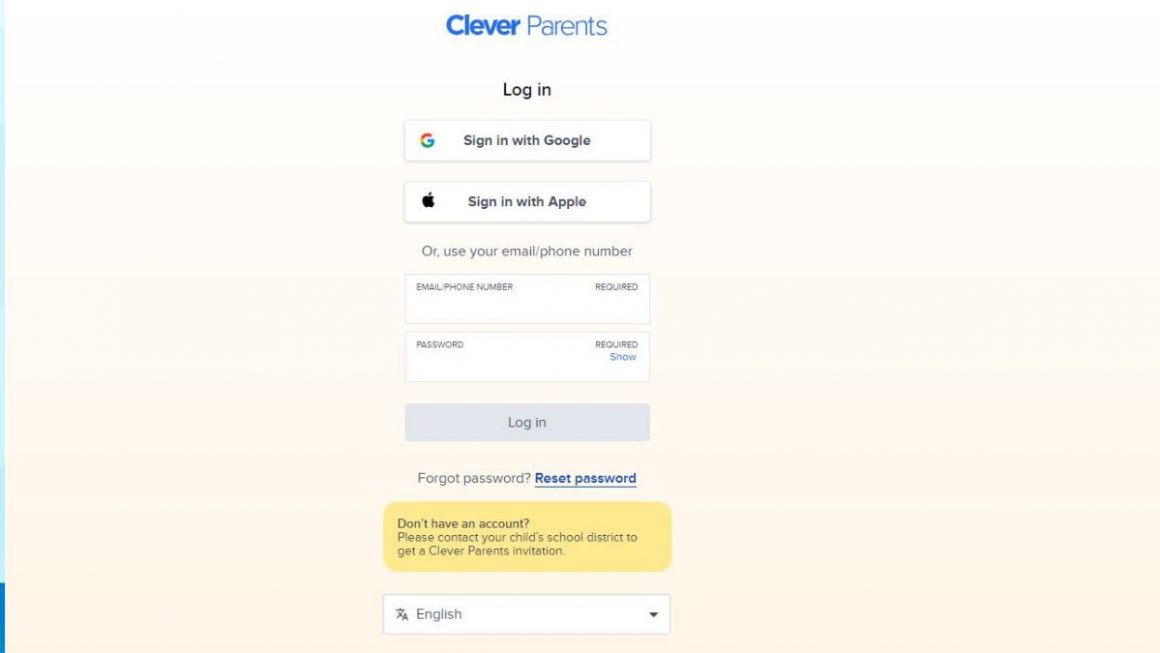Master’s in business administration (MBA) is a degree course that grooms qualified professionals to build managerial capabilities and core leadership skills in their respective fields of work. It opens various new avenues for career advancement. IT professionals possess the talent and technical know-how (also known as hard skills) for big IT projects. However, they often lack the soft skills essential for executing and monitoring IT projects. There are a variety of MBA courses for IT professionals, both online and offline, who meet these special needs.
Most IT professionals are into lifelong learning for the betterment of their careers. Joining an MBA course is one such logical step in that direction. Before highlighting the details of these best-suited MBA courses for IT professionals, let’s understand their key benefits.
Scope and Career Prospects MBA Courses for IT Professionals
- You can expand your knowledge of the latest technological trends in the IT business.
- You can learn about the latest management tools and techniques applicable for better team management and create a collaborative environment in the workplace.
- You will be better positioned to handle challenging situations – whether a financial crisis or managing conflicts.
- You get the opportunity to build a network with other people who are in the same business.
- You can develop entrepreneurial skills and launch your startup project.
- IT job market is highly competitive. An MBA degree will help you to make fast progress in your current job and get into a management position. Your colleagues may have good technical knowledge but not the required skills to manage an entire IT project on their own.
- Your earning potential increases. Companies will be ready to offer you a higher salary as you have both hard skills and soft skills to supervise project operations.
- You will get new job opportunities. You will be considered for job roles that involve strategic planning, infrastructure development, project designing, etc. After completing the MBA, you can apply for positions like Project Manager, Manager (IT Systems), Chief Technical Officer, and more related jobs.
Different MBA Courses for IT Professionals
Following are the MBA courses which are most popular among professionals from the IT sector:
- MBA in Information Technology
- MBA in IT Project Management
- MBA in Cloud Computing
- MBA in Data Analysis
- MBA in Data Management
- MBA in Cybersecurity
The key focus areas of these MBA courses for IT professionals are – Big Data Management, Data Mining, Cloud Development and Deployment, New Energy Technology, Supply Chain Management, IT entrepreneurship, etc. These courses will also cover broad functional areas of IT business like Human Resource Management, Finance Management, Marketing Management, Business Communication, etc.
Key learning outcomes of an MBA are not limited to enhancement of knowledge in the field of Information Technology – they also emphasize your personal development. Your interpersonal skills, listening skills, and negotiation skills will improve significantly. You can simplify the decision-making process and make the right decision at the right time under challenging situations.
Different Modes of MBA Courses for IT Professionals
There are quite a few options available based on how you prefer to complete the MBA course:
Two-Year Full-time MBA Courses: This is the conventional type of MBA course. It is a full-time course where regular in-class lectures will be held for 2 years. You have to take a break from work to join this program. It is suitable in the early years of your career. It is not easy for a highly experienced professional to take a 2-year break.
One-Year Full-time MBA Courses: This is the accelerated version of the 2-year program to suit the needs of working professionals who cannot take a break of 2 years from work. The usual duration of these courses is 11-15 months. It has all the components of the 2-year program but in a compressed format. Again, participants must attend classroom lectures regularly.
Part-time MBA Programs: In these programs, you can choose the number of classes you would like to attend in a semester. The biggest advantage is there is no well-defined course duration for this course. You can take your time to complete the course. You can stretch your course duration to 4 or 5 years maximum if required.
Executive MBA Programs: These programs are tailor-made to fulfill the learning needs of the executives. You must attend in-class lectures on the weekends. Hence, no break from work is needed. Most executives finish this program within 2 years. You must have at least 8 years of work experience to be a part of this program.
Online MBA Courses for IT Professionals: This is the most popular type of MBA program in 2022 because of its flexibility. You can access the course through virtual classrooms at any time at your convenience. It offers you the scope of microlearning through Short-term Courses, where complex topics are broken down into shorter units of study. Each of these units is explained in innovative ways using e-learning tools like short videos, audiobooks, infographics, etc.
Eligibility Criteria for MBA Courses for IT Professionals
An MBA applicant must have a Bachelor’s degree in Information Technology (Software Engineering, Software Development, Networking, etc.) from a recognized university. Since you are joining the course as an IT professional, you must have some working experience in the IT sector.
The number of years of work experience required for joining any MBA program is different for each course. You must have at least 2 years of work experience to join any MBA courses for IT professionals. However, there are some MBA programs for IT Executives where you must have at least 5-8 years of work experience in the IT sector.
The selection of candidates in full-time programs is based on MBA Entrance Exams, followed by Group Discussions and Personal Interviews. For some Executive Programs and Online MBA courses, you may not have to sit for an Entrance Exam but must furnish a Recommendation Letter from your employer along with your Educational Qualification Certificates.
Conclusion
The best-suited MBA courses for IT professionals will equip you with the skills to efficiently manage IT systems and operations. IT professionals don’t like to join full-time MBA programs because they must take a break from work. Most of them prefer online courses because they get the scope of microlearning.
Some talented IT professionals find it difficult to negotiate deals with clients in a supply chain environment or diffuse conflicts within their own team. They can enroll in an online negotiating course to learn the nuances of negotiation tactics, collaborative strategies, and best practices in negotiation. These short-term courses act as an excellent career management tool to boost self-confidence and ensure career satisfaction.












